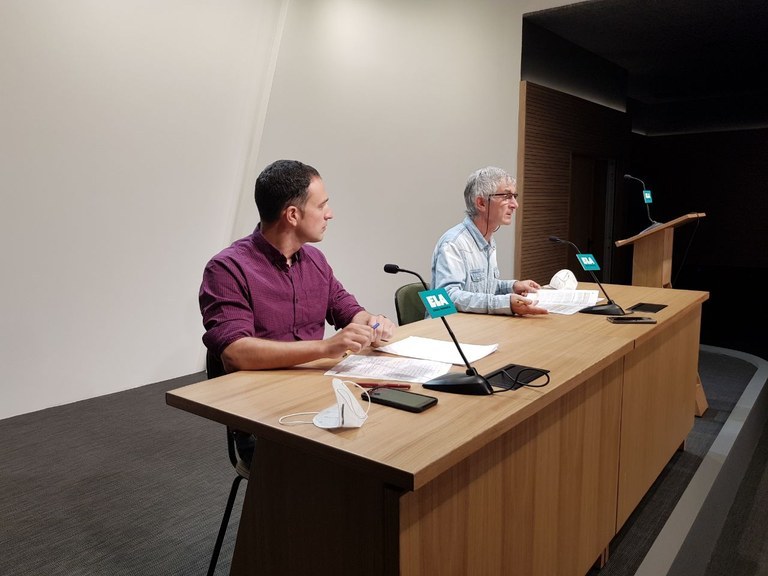The Basque Government plans to assign the European funds to multinational companies, hiding the fact that this will entail cutbacks

In September, the European Commission presented the Next Generation programme, with a sum of 672,500 million euros (360,000 million in loans and 312,500 million in non-refundable transfers). Most of the transfers assigned to the Spanish State (72,000 million euros) will come from this procedure.
However, these funds are subject to many conditions:
1) Assignment of the funds. The States may not derive them to health, education or social services. The European Commission has proposed 7 areas where countries must invest: 57% must be assigned to digitalisation and to the European Green Deal policies (which in spite of the name, does not go towards the necessary social and ecological transformation of the economic model). Therefore, the recipients will be large companies and multi-nationals. And this will not even involve new projects; rather priority will be given to those already in progress or about to be implemented.
Following this idea, we must include the list of projects sent by the Basque Government to Madrid. Its total cost (Urkullu intends to obtain funding from the European funds) is 10,228 million euros for 2020-2024. It includes several TAV projects (2,712 million) and projects with money for large companies such as Iberdrola or Petronor (2,000 million). In an extraordinary situation such as the one we are experiencing, it is unacceptable for public resources to be assigned to private projects and to models that are far from championing a fair, ecological transition.
2) Reforms that the countries opting for the funds must carry out.
Although the Budgetary Stability Pact will be discontinued in 2021, the projects must incorporate the recommendations from the 2019 and 2020 European Semester. The Spanish State, for example, must “conserve” its support of the pension system, the labour market and develop tax policies that allow a balanced budget in the medium term, all aimed at cutting back public services.
3) Complexity for designing the plans. There must be specific targets and goals, with deadline milestones that must be strictly met. If these conditions are not met, the funds may have to be returned, which would be a harsh blow for the petitioning countries.
ELA considers it to be necessary to dispute the logic in which these funds are framed and it considers it unacceptable that they are conditioned to continue applying austerity budgetary policies and reforms. The trade union, social or political organisations that defend a change in the model must categorically reject this logic. We must demand that the conditionality is eliminated and undertake a change in priorities for the distribution of funds. But this cannot be done within the current framework, which has already been defined. Therefore, while the framework does not change, the option must involve not entering this logic and not applying for these funds, which are a trap through which governments are going to see their policies interposed until at least 2026.
To conclude, the European Funds are not going to be a real or fair alternative to the drop in tax collection in the ACBC and Navarra. For this reason, a tax reform must be tackled that considerably increases tax collection, with increased taxation on company, capital and equity profits, in line with the proposals made by ELA in May of this year.
